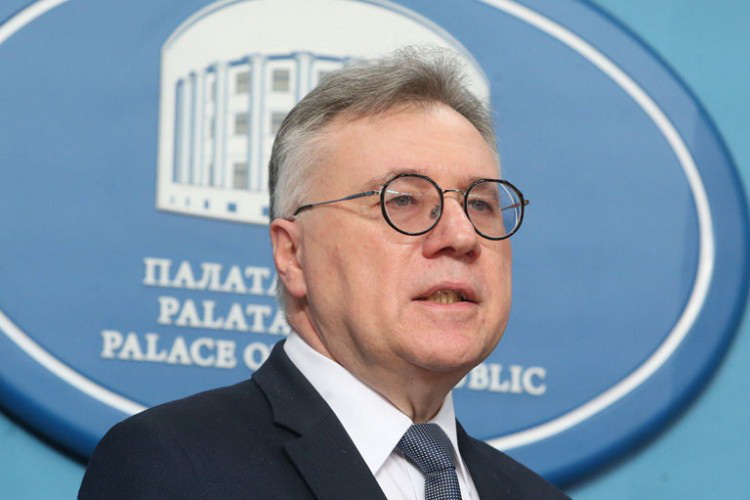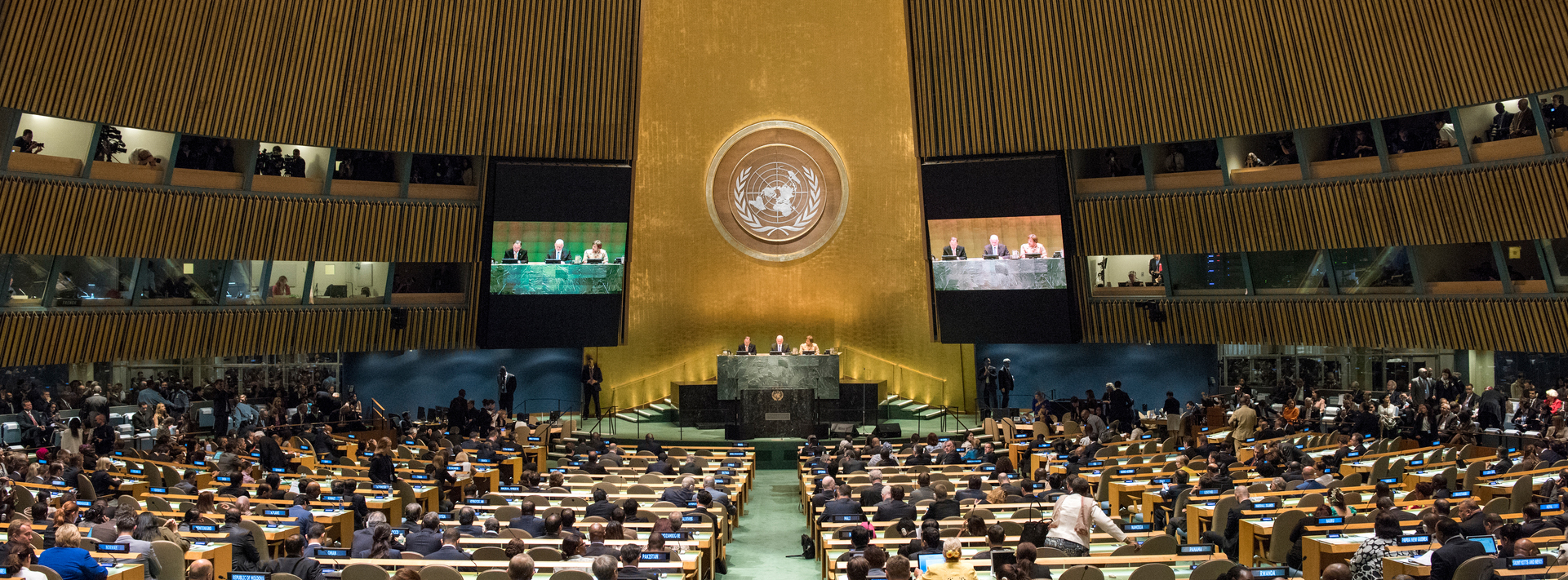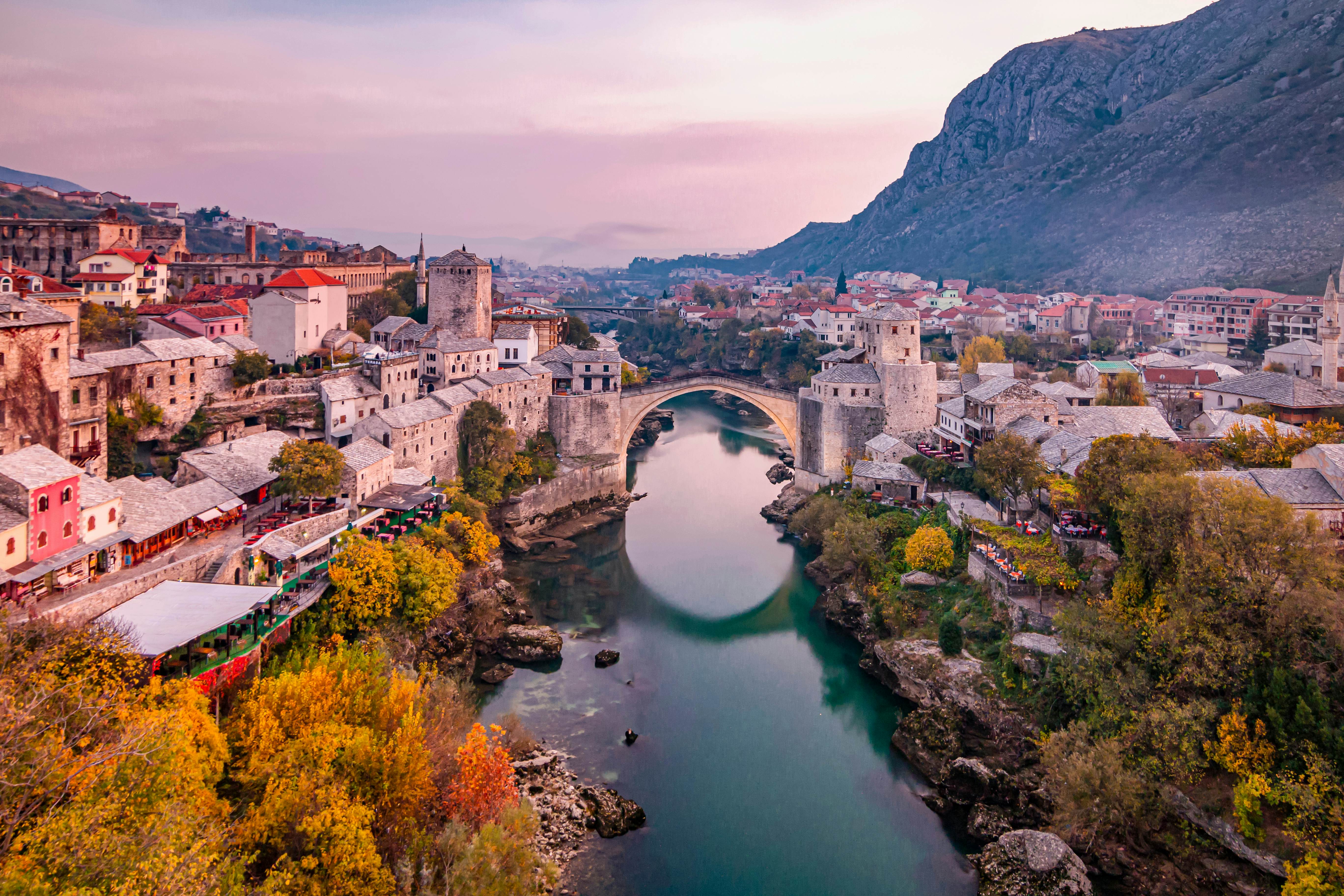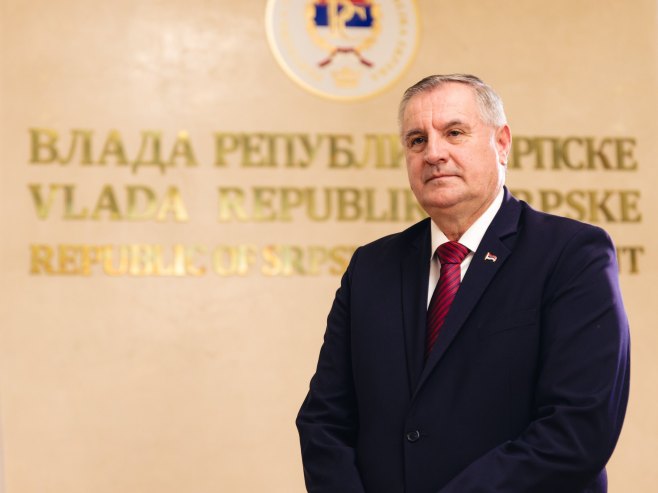In an opinion piece for the Jerusalem Post, New York journalist and former adviser to Benjamin Netanyahu, Michael Freund, stated that passing the Srebrenica resolution in the UN General Assembly would be a “Balkan blunder of epic proportions” that carries the risk of opening Pandora’s box for similar resolutions worldwide.
We bring you the full text:
Given the ongoing wars in the Middle East and Ukraine, it is unsurprising that simmering tensions in the Balkans have largely gone unnoticed. However, inattention to a region that has erupted into widespread conflict in the past carries its own danger, and this could soon be put to the test.
At the time of writing, the UN General Assembly is scheduled to vote this week on a draft resolution co-sponsored by the US, Germany, and others, which would formally recognize the massacre of over 8,000 Muslims in Srebrenica, Bosnia and Herzegovina, in July 1995 as an act of genocide. The proposed text would also designate July 11 as an annual international day of reflection and remembrance of the killings.
Although the war crimes committed in Srebrenica are undoubtedly horrific, they do not constitute genocide, as noted by renowned Nazi hunter Efraim Zuroff of the Simon Wiesenthal Center.
Moreover, this resolution could not come at a worse time for the Balkans. Those behind this initiative may have the best intentions but are unnecessarily antagonizing Serbia and risking destabilizing the entire region.
Furthermore, adopting the resolution in its current form could prove extremely harmful to Israel and other Western countries.
The Balkans are already on edge, largely due to Kosovo*’s provocative efforts to gain international recognition as an independent state. Kosovo*, a province of Serbia and the cradle of its civilization, illegally and unilaterally declared independence in February 2008, which authorities in Belgrade refuse to recognize.
This has not stopped Kosovo from conducting an international campaign to solidify its position. Just a few weeks ago, the Parliamentary Assembly of the Council of Europe voted to recommend that Kosovo* be invited to become a member, infuriating Serbs, who see such gestures as attempts by outsiders to impose a solution without their consent.
In this context, the Biden administration’s decision to move forward with a UN resolution on events that occurred nearly 30 years ago during the Bosnian war is, to say the least, puzzling. It would be a Balkan blunder of epic proportions. During the Bosnian war, from 1992 to 1995, acts of cruelty and brutality were committed by all sides: Serbs, Bosnian Muslims, and Croats.
While Srebrenica is the most well-known, it is hardly the only example of man’s inhumanity. Following the outbreak of war, the UN established the International Criminal Tribunal for the former Yugoslavia, which later convicted Bosnian Serb officials for their actions in Srebrenica.
It also later found six senior Croatian officials guilty of war crimes and concluded that the Croatian government had conducted a criminal policy of ethnic cleansing.
Thus, by singling out what happened in Srebrenica while ignoring other atrocities of the Bosnian conflict, the UN implicitly suggests that only Serbs were perpetrators and all others were victims.
This is not only historically incorrect but effectively whitewashes the many crimes committed by Bosnian Muslim and Croatian authorities.
This is hardly a winning recipe for fostering greater understanding in the region.
Over the years, there have been significant steps towards reconciliation. In 2015, for example, Serbian President Aleksandar Vučić visited the village of Potočari in Bosnia and Herzegovina, where the Srebrenica memorial is located, to pay tribute to the victims. He also announced that Serbia would donate five million dollars for development programs in the Srebrenica municipality.
Concrete measures such as these, not UN resolutions passed in some distant chamber, are the only way to genuinely achieve sincere historical reckoning. Instead of rushing to vote on a one-sided resolution, the General Assembly should have aimed to formulate a more comprehensive text based on a consensus of all involved parties.
Any resolution that seeks to commemorate the crimes of the 1990s Bosnian war requires careful consideration of the conflict’s complexities. Failing to do so could spark hostilities that are in no one’s interest.
Ahead of the upcoming vote, Milorad Dodik, the president of Republika Srpska, warned that “Bosnia and Herzegovina might not survive” the adoption of the UN resolution.
In response, the US Embassy in Sarajevo stated that any attempt to break up Bosnia “will not be tolerated.” This only underscores how high the stakes are.
Moreover, it is clear that adopting a resolution designating Srebrenica as genocide would set a precedent and pave the way for Israel’s enemies to launch similar diplomatic assaults on the Jewish state, regardless of the facts.
And what is to stop resolutions from also targeting the US bombing of Hiroshima and Nagasaki or the leveling of Dresden by the Allies during World War II?
Thus, the Srebrenica resolution opens a Pandora’s box that is not in Israel’s interest nor the interest of the West.
In any case, past barbarities should be commemorated so they are not forgotten. But it is equally important to do so in a way that reflects the past, not distorts it, and that sets the stage for a better, not a bitter, future.
Source: RTRS









